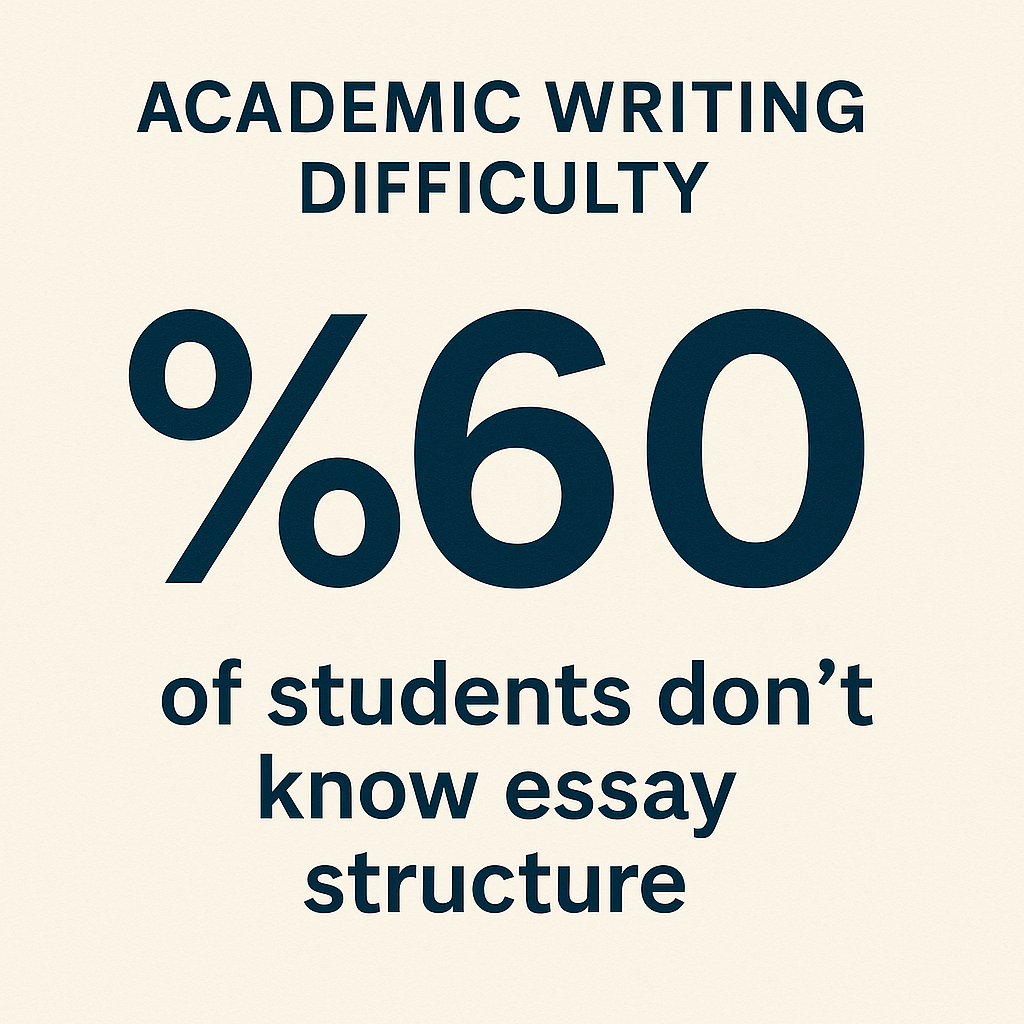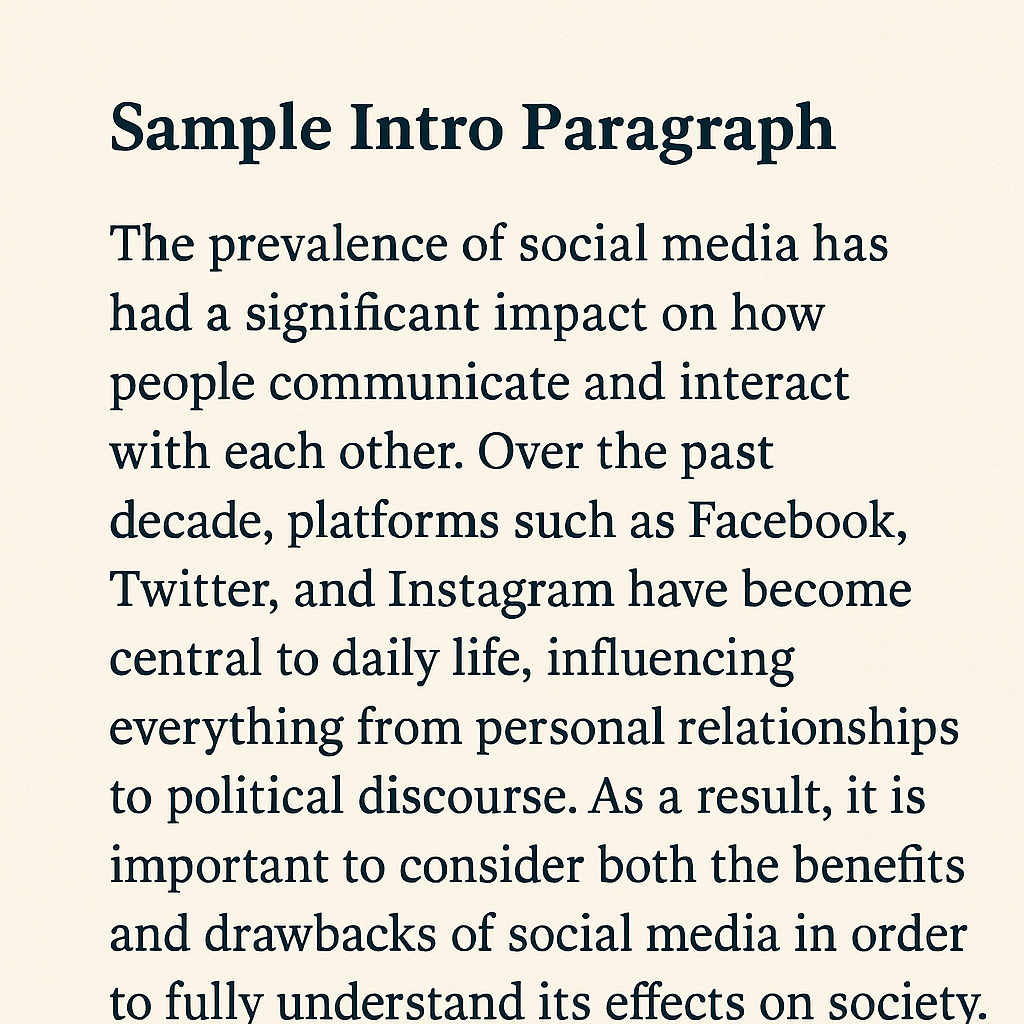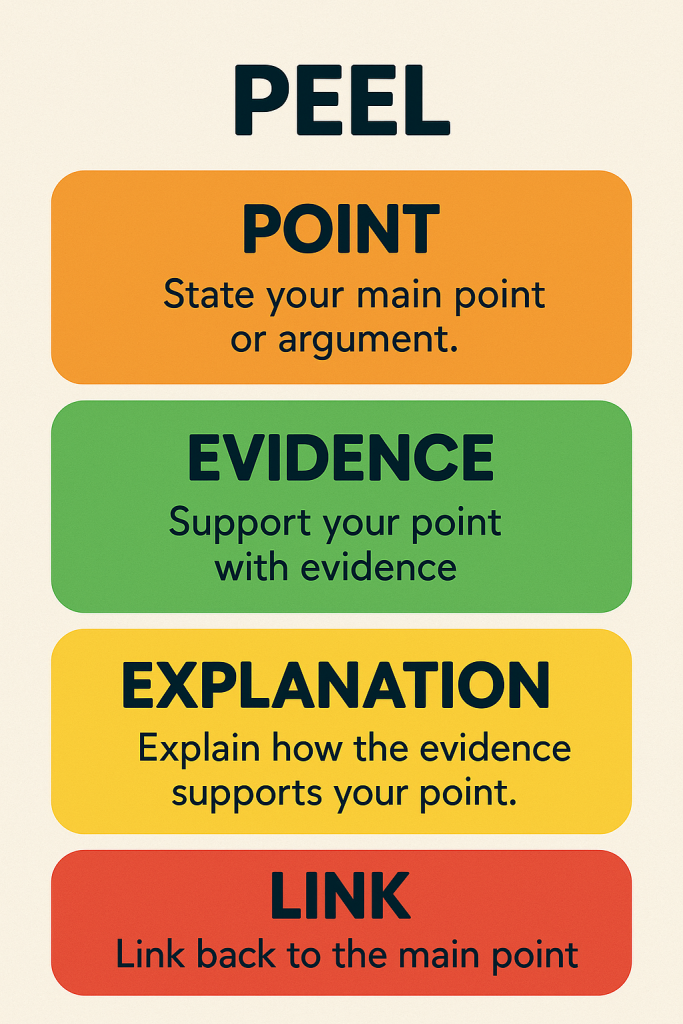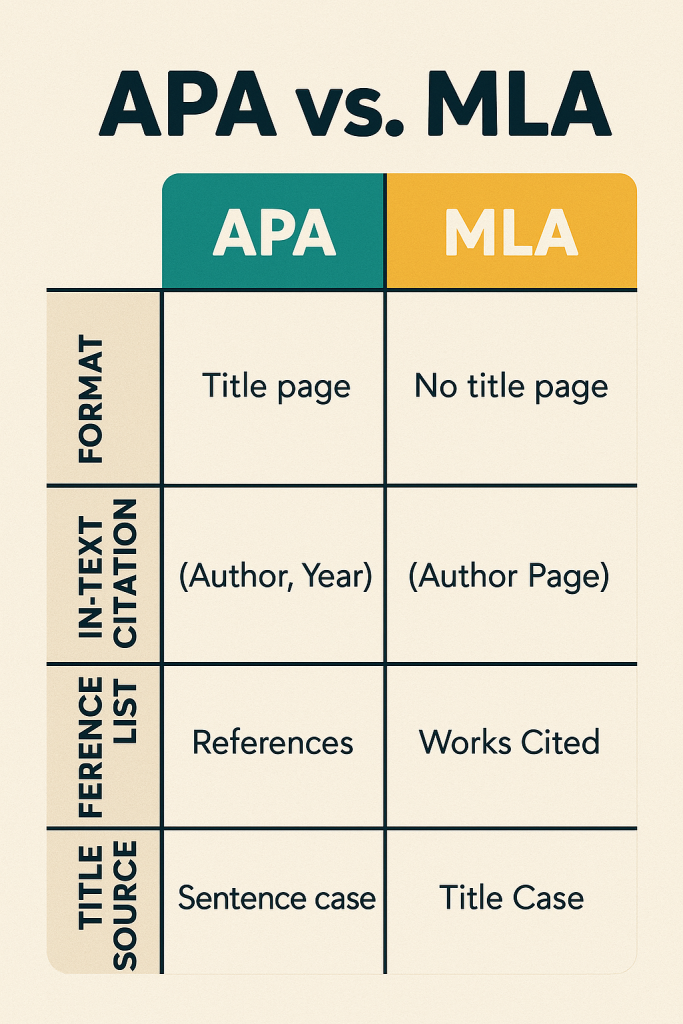Introduction: So You Have to Write Something Smart… Again

Here’s a fact to chew on: about 60% of students admit they don’t know how to structure an academic essay properly. The other 40% are lying.
Academic writing isn’t just a college hoop to jump through. It’s your ticket to sounding like you actually know what you’re talking about — instead of just angrily Googling “how to write research paper night before due”. From structuring your ideas to referencing like an intellectual robot, this guide delivers painfully practical academic writing tips for those brave enough to care.
So, future Einstein, are you ready to learn how to write an essay that doesn’t make your professor audibly sigh?
1. The Academic Paper Structure: Intro, Body, Outro — Like a Blog Post, but Less Fun
Keywords: essay structure, research paper format, academic writing tips
Let’s start with the basics. Your essay needs a skeleton, or else it’s just an incoherent blob of thoughts. Enter the three-part structure:
- Introduction – Say what you’re going to say (but make it interesting).
- Body – Say it, using actual arguments and not vibes.
- Conclusion – Say what you just said (but better).
Whether you’re writing essays or dealing with grammar basics, having structure makes life easier. (Check out this guide to simple sentence structures if your paragraphs tend to spiral into chaos.)
💡 Real Tip: Outline first. Like a grown-up. If you just start typing, you’ll end up with a conclusion in paragraph two and an existential crisis in paragraph five.
2. Writing an Introduction That Doesn’t Bore Everyone to Death

Keywords: academic writing tips, essay introduction strategies
Your intro is not the place to ramble about how “since the dawn of time, humans have always…” Just stop. No one wants that.
What you should do:
- Start with a compelling hook: stat, question, quote, or something spicy.
- Narrow down to your specific topic.
- Drop your thesis like it’s hot (and clear).
Example (Do not copy this verbatim, or I will know):
Artificial intelligence is disrupting education, but few ask whether it belongs in academic writing. This essay explores ethical implications of AI in university research.
Concise. Clear. No meandering origin stories. And if you want to make your writing sound polished, try running it through a grammar checker before you embarrass yourself.
3. Building the Body: Organize Like You’ve Met a Logic Course Before

Keywords: argument development, essay body tips
Every paragraph should fight for its right to exist. No fluff. No filler. Just tightly packed, structured points.
Use this brain-saving method:
- Point: State your argument.
- Evidence: Show proof (not your vibes, actual sources).
- Explain: Make the connection between your proof and your thesis.
- Link: Transition like a functional adult.
Having trouble connecting your ideas? Use transitional and conjunctive words to stitch your points together without sounding like a robot with a word list.
4. Writing Conclusions That Don’t Make Your Reader Roll Their Eyes
Keywords: academic essay conclusion, wrap up arguments
Repeat after me: “My conclusion is not a copy-paste of my intro.” Good.
Here’s what it is:
- A restatement of your thesis, reworded to sound more profound than when you first wrote it.
- A reflection on what your argument means in a broader context.
- A graceful exit, not a panic-fueled mic drop.
If you can make your professor pause and go, “Huh, not bad,” you win.
Also — don’t forget tone and consistency. This style and grammar guide can help if your conclusion is weirdly cheerful or accidentally sarcastic.
5. Referencing Like You’re a Scholar, Not a Sinner

Keywords: reference guide, APA, MLA, academic writing tips, reference adding guide
Referencing isn’t optional, unless your dream is to be dragged into a plagiarism hearing. Use citations like armor.
Citation Styles 101:
- APA: Psychology, education, social sciences. Dry, but reliable. Visit the official APA site to suffer in the correct format.
- MLA: Literature, arts. Slightly more relaxed, still judgy. MLA Style Center is your map through the madness.
- Chicago: History, hardcore researchers, people who hate themselves.
Need help formatting? Use the FixyGrammar paraphraser tool if you’re trying to reword a source without sounding like a suspiciously fluent raccoon.
Conclusion: Go Forth and Pretend You Know What You’re Doing
Keywords: academic writing tips, essay writing guide
If you’ve made it this far, congrats — you’re statistically more prepared than half your class. Academic writing isn’t rocket science, but it is a little like assembling IKEA furniture: you need the right tools, the right instructions, and a deep tolerance for suffering.
Apply these academic writing tips, give your brain a moment of silence before the next deadline, and maybe — just maybe — impress someone other than your mom.
💬 Drop your own essay tips in the comments. Or just complain about citations. That counts as engagement.
